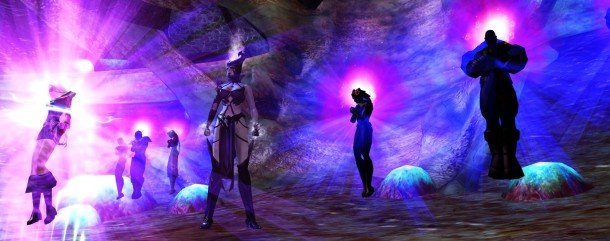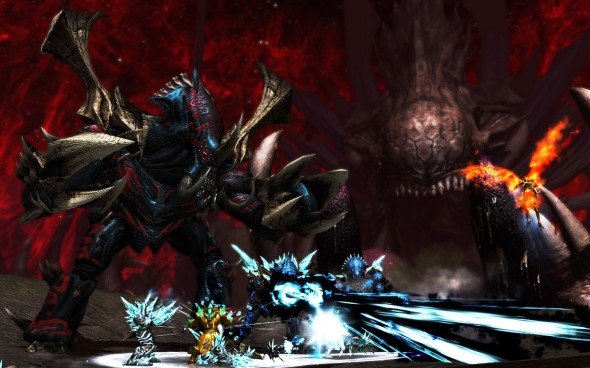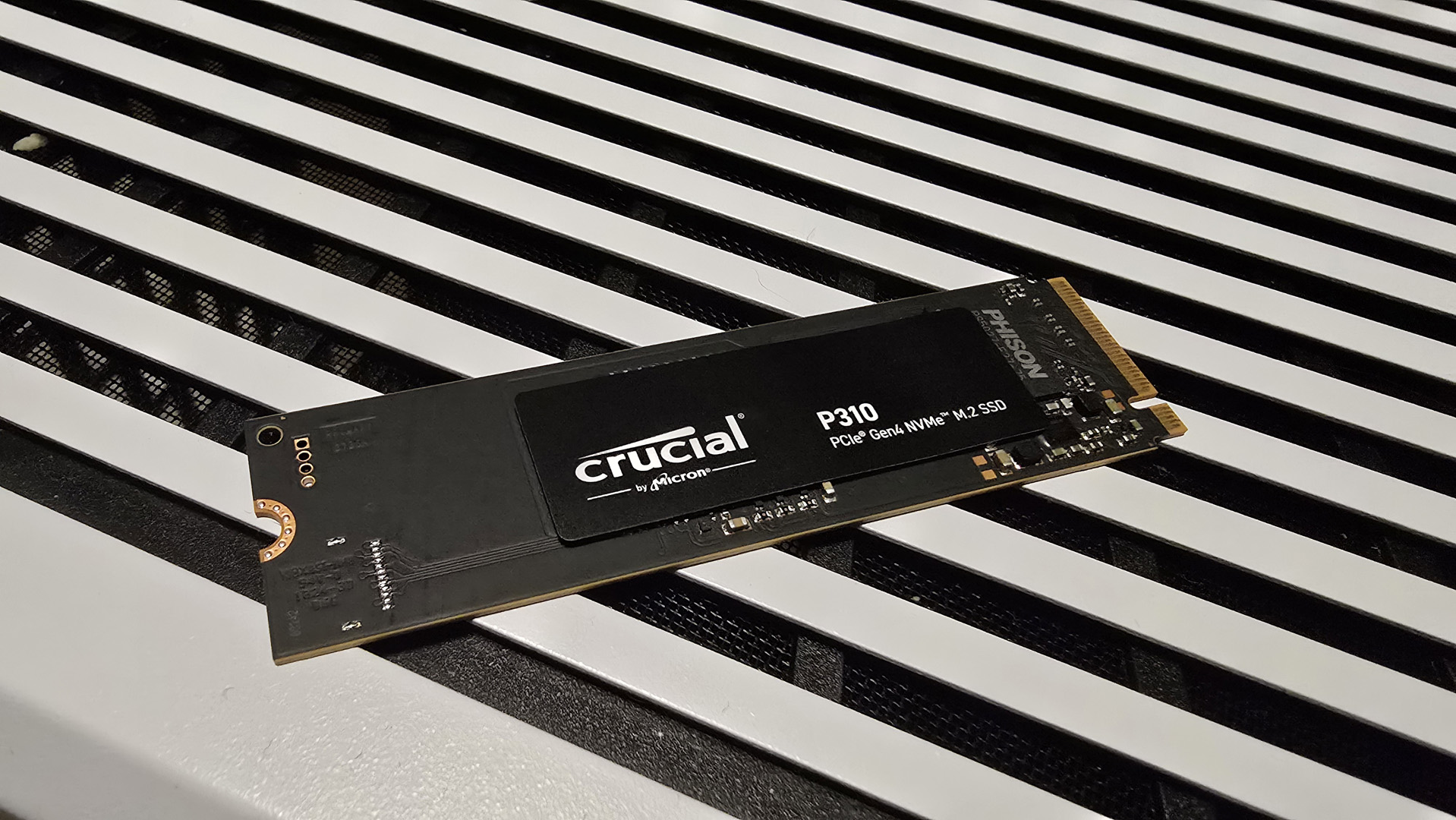
PC Gamer routinely features Developer Diaries: tales of what goes on behind-the-scenes in the development studios making your favorite games. In this entry, City of Heroes' Senior Designer Chris “Baryonyx” Behrens talks about the five main mandates that've shaped Paragon Studio's design of the game's new endgame Incarnate Trials. Let us know what you'd like to see developers discuss in future diaries in the comments.
With the addition of the Incarnate system in Issue 20: Incarnates, we introduced a complete end-game experience to City of Heroes. Fundamental to this experience is the Incarnate Trial. Since last April, we've introduced six Incarnate Trials to City of Heroes, and the upcoming Issue 22: Death Incarnate will bring the seventh, Dilemma Diabolique.
Each Incarnate Trial has been designed to bring new and unique experiences to our game, with challenges that are commensurate with the rising power and skill of our players. From BAF (Behavioral Adjustment Facility) and Lambda Sector, to the Keyes Island Reactor and The Underground, to TPN Campus and Minds of Mayhem, each trial was designed to push the limits of what we thought was possible in City of Heroes, both for us and for our players.
However, we've been learning and constantly refining our development strategy based on the feedback provided by our players. Dilemma Diabolique embodies the latest step in our trial design philosophy. This new Incarnate Trial represents a combined goal of providing a more challenging experience to our players while introducing fun and understandable game mechanics.
Some of the things we've learned that are incorporated into Dilemma Diabolique include 5 main lessons.
1. The importance of the “Rest Stage”
The initial trials, BAF and Lambda, did not include any “rest periods” during which players can pause, gather their thoughts and proceed to the next stage. Keyes, on the other hand, was designed with intermediate stages, but these stages were more intended to facilitate movement from location to location than actual “rest." These trials remain frantic throughout their duration.
Lessons from both of these combined to teach us the importance of pacing the stages in a such a way to give players time to collect themselves. When one stage's location leads directly to the next, with no transitions or abrupt mechanic shifts, we use a 30-second timer. When one stage has a “transition”, either in locale or major mechanic, we instead have designed the trial to allow players to choose when they want to proceed. Both of these approaches come into play in Dilemma Diabolique.
The biggest gaming news, reviews and hardware deals
Keep up to date with the most important stories and the best deals, as picked by the PC Gamer team.
2. The importance of information
Incarnate Trials can be fast-paced, hectic experiences, and from very early on we realized that we would need to provide more information to our players than a raw MMO endgame encounter typically offers.
Initially, we tried to provide much of this information through captions, floater text and the Help box affixed to each stage's UI, but this proved to be less informative than we desired. We have since begun experimenting with using the UI itself to provide short text directions that can guide players. These directions are displayed only when necessary, and do not clutter the UI when they are not a factor in the event.
Dilemma Diabolique represents the furthest development of this system; entire mechanics are now explained in the UI during rest stages. This is intended to help trial leaders focus the group on what's important in upcoming battles while they explain what to expect.

3. The importance of keeping player's opponents within expectations
From the powerful stuns of the Olympian Guard to the deadly stones of TPN's protesting citizenry, we've occasionally made the “trash” enemies in Incarnate Trials more difficult than would be expected. Regardless of the reasons for that choice, the general consensus is that it's a point of frustration for players.
Based on these experiences, you'll find that the “lesser foes” you will encounter in Dilemma Diabolique will not have any overpowering tricks up their sleeve. While some of the enemies do have mechanics intended to make them priority targets, none of these villains have been designed to be the force that stops your progression through the trial.
4. The importance of feeling well-rewarded
We have introduced some very challenging and difficult trials, but we have not always done so with rewards equal to the challenge. The best comparison for this is Keyes Island vs. TPN Campus.
Keyes Island, in its original form, was probably the hardest content ever introduced into City of Heroes, but did not offer significantly improved rewards to match that level of challenge. Players rightly pointed out that simpler, quicker Incarnate Trials such as the BAF, Lambda, offered equivalent rewards. On the other hand, the TPN Campus Incarnate Trial we recently introduced is arguably even more challenging, but players have embraced its difficulty partly because it is also the most rewarding content we've ever produced.
For Dilemma Diabolique, we have tried to continue this trend. Though it's a less mechanically challenging or complex trial than either TPN Campus or Minds of Mayhem, the increased base level shifts of the bosses made us feel that “always on” Empyrean Merits, which are an especially valuable endgame currency, was the way to go for this trial. Though there are no mid-trial rewards—like the ones found in The Underground or TPN Campus—we feel that the faster pace of the trial for maxed Incarnates is reward in itself, since it makes accumulating Empyrean Merits for our most dedicated Incarnates a faster endeavor.
5. The importance of mechanics
There have been times when we've designed mechanics with a very steep learning curve, which could prevent even seasoned players from ever feeling “at ease” with them. This, in the end, didn't increase player confidence in their mastery over an encounter, and could be quite fatiguing.
In Dilemma Diabolique, we attempt to address this not by eliminating complex mechanics altogether, but by a combination of better explanations (as noted above), a reduced number of mechanics operating simultaneously, and lowered potential for the mechanics to “make or break” an encounter.
These are just a few of things we've learned over the course of the past year, with the help of the feedback our players have provided through their participation and thoughtful postings. We'll apply these lessons as we continue to develop new and interesting designs for our trials. Combined, we'll be better able to make fun and interesting challenges for our Incarnate players. We hope you enjoy the result, and that you continue to offer your feedback so we can improve the system even more in the future.
To learn more about Dilemma Diabolique and the rest Issue 22: Death Incarnate, you can visit City of Heroes' Facebook page or the official website .
PC Gamer is the global authority on PC games—starting in 1993 with the magazine, and then in 2010 with this website you're currently reading. We have writers across the US, Canada, UK and Australia, who you can read about here.


